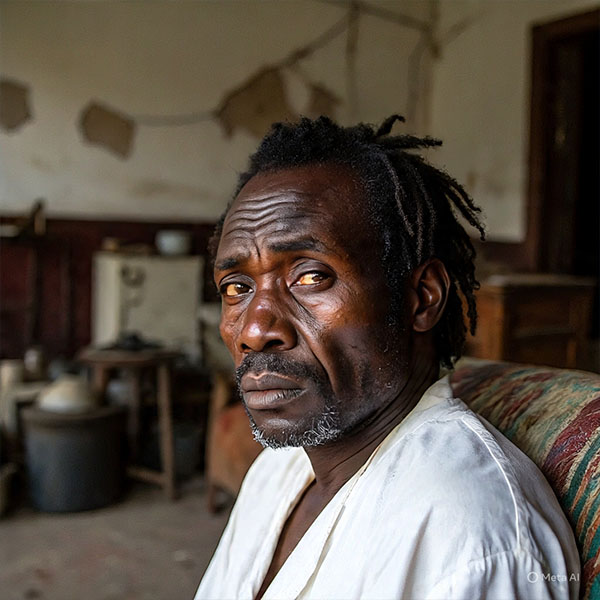Dignity In Decline- Interdependence Law
Betrayed By His Body
I ran into someone recently—an elderly man I used to know well. He was once the kind of person who made you feel like life was happening in full colour. But now, he sat quietly in a chair, his body frail and tired, his gaze distant. And the contrast was humbling.
It wasn’t just the physical decline that hit me—it was the emotional weight he carried. You could see it in the way he looked at his own hands, as if they had betrayed him. In the way he tried to speak with authority, only to be gently overridden by someone reminding him to take his pills. There was a quiet ache in his eyes, the kind that comes from knowing you are no longer the protagonist in your own story.
But what really stayed with me was the dynamics between him and his caregivers. They were doing their best—truly. You could see the care in their routines, the way they tried to anticipate his needs. But you could also see the fatigue. The kind that doesn’t just live in the body, but in the soul. The kind that makes kindness harder to summon, especially when it has been stretched thin for weeks.
He wanted control. Of his body, his choices, his dignity. And that desire clashed with the caregivers’ need to manage, to protect, to keep things moving. Sometimes, an unkind comment would slip—maybe even unintentional but it lands hard. You could see it in his face: the sting of feeling like a burden, like a task to be completed rather than a person to be cherished.
It was heartbreaking. But it was also real. This wasn’t a movie scene—it was life. Messy, complicated, and full of contradictions. Love and resentment living side by side. Gratitude tangled with guilt. The caregivers weren’t villains—they were tired. And he wasn’t just a victim—he was grieving the loss of himself.
And yet, even in that space, there was something quietly beautiful. He still cracked jokes. Still tried to assert his preferences. Still reached for connection. And the caregivers, despite everything, still showed up. That, in itself, is a kind of recognition that we are all going to need someone, someday.
Reflectintrospection
I left with more questions than answers.
1. How do we care for those who are fading without losing ourselves in the process?
2. How do we help caregivers feel seen, supported, and whole?
3. And perhaps the hardest question of all: how do you reach someone who has grown comfortable in their captivity—who has stopped believing that miracles still happen?
There is no easy fix. But maybe the answer starts with presence. With listening. With refusing to look away. Because in the end, what we all want—whether we are aging, caregiving, or simply trying to make sense of it all—is to feel like we matter. Like we are still part of the story.
Serenity Prayer
Dear Lord, let us age with dignity, live with purpose, and rest in the peace of Your presence. Amen





